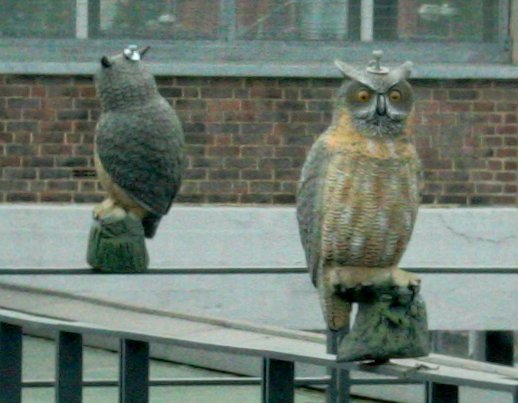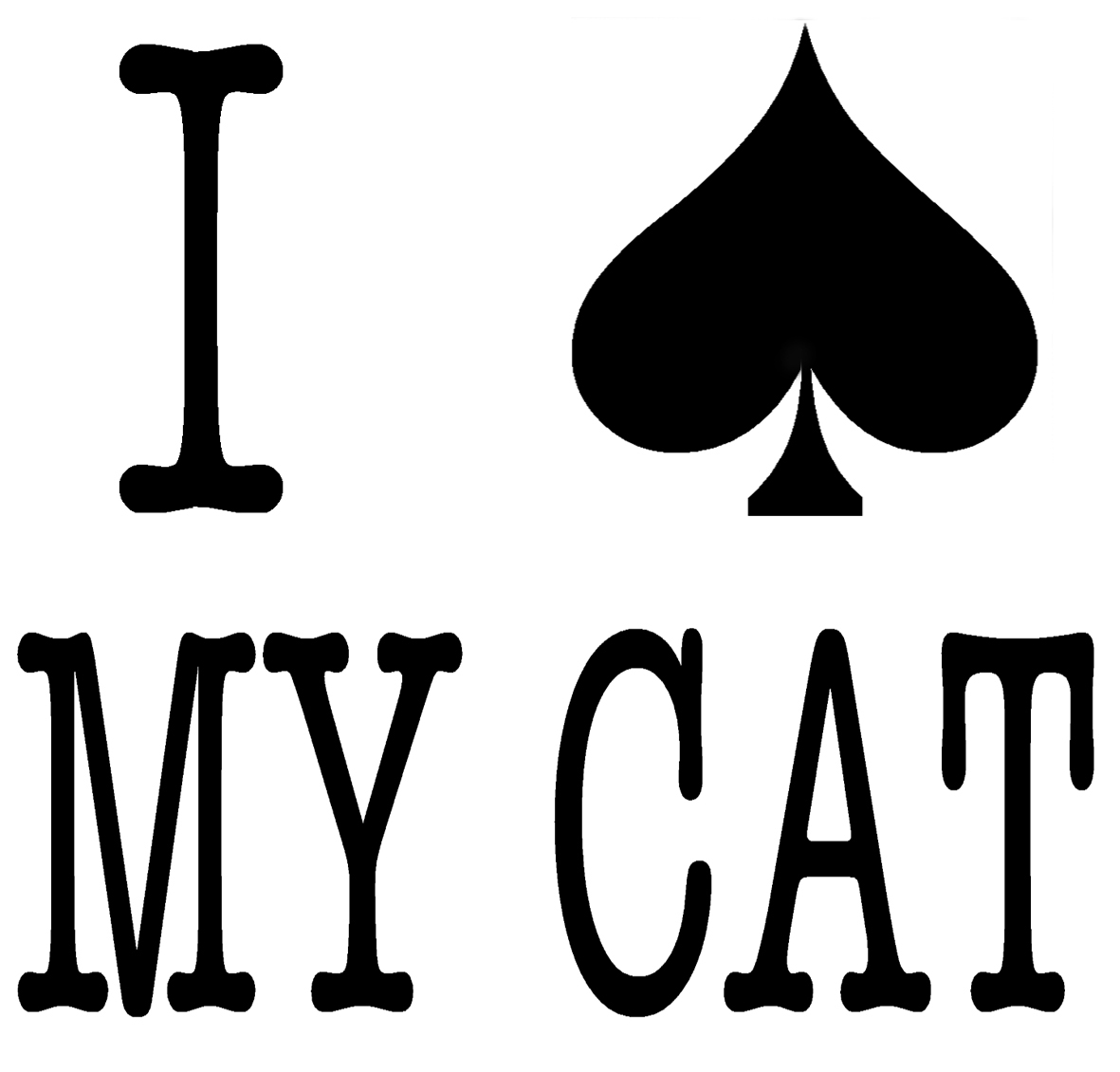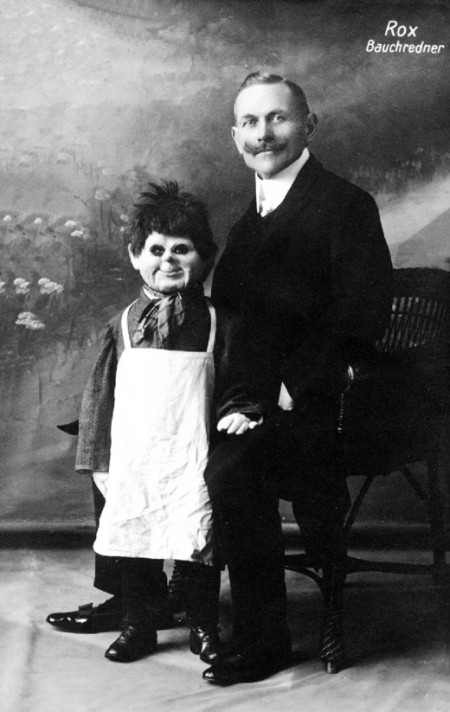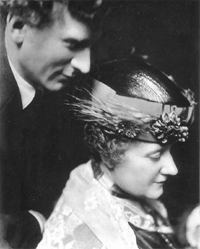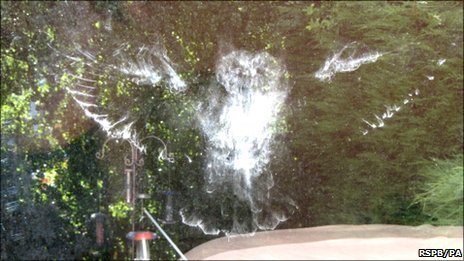[Thomas Carlyle’s] aversion for the ‘fixed smile’ of Greek statuary was equal to that of Ruskin, and his way of expressing it no less individual. Carlyle sat to G F Watts for his portrait, and Watts, as he often did in conversation with his sitters, began to talk of Pheidias. Carlyle advanced a criticism which no one else seems to have thought of. He contended that among all the sculptured beings which the genius of Pheidias had produced there was ‘not one clever man’. With the long upper lip of Ecclefechan obstinately tightened he declared that a short upper lip showed an absence of intellect. He stuck to his point even when Watts cited Napoleon, Byron, and Goethe as evidence against him. He added that the jaw of the Greek was not sufficiently prominent. ‘Depend upon it,’ said Carlyle, ‘neither God nor man can get on without a jaw.’ ‘There’s not a clever man amongst them all,’ he repeated, ‘and I would away with them – into space.’
from William Gaunt, Victorian Olympus (1952)
Thanks to Nige for alerting me to this splendid book, in this post over at The Dabbler.

